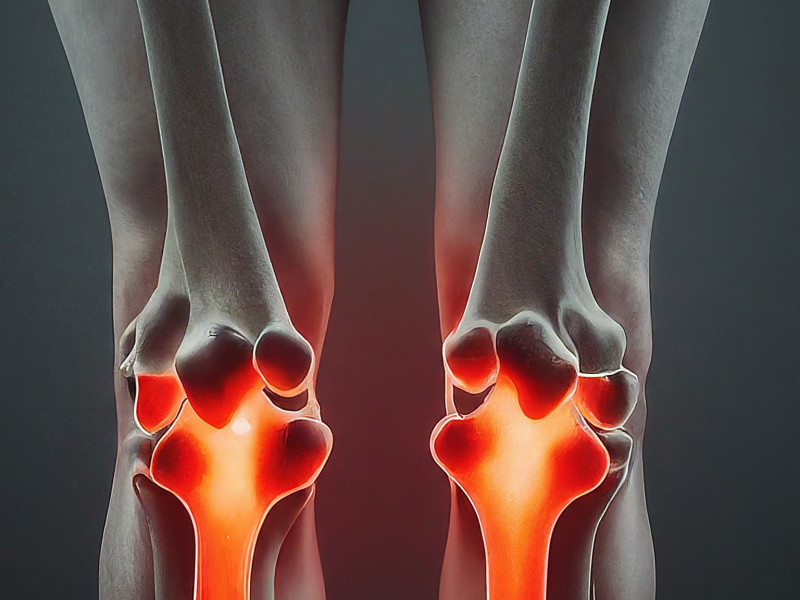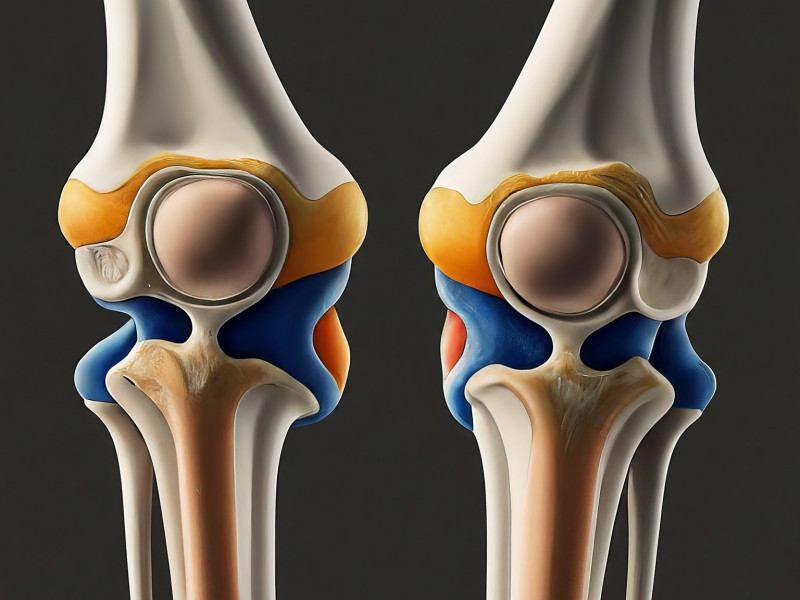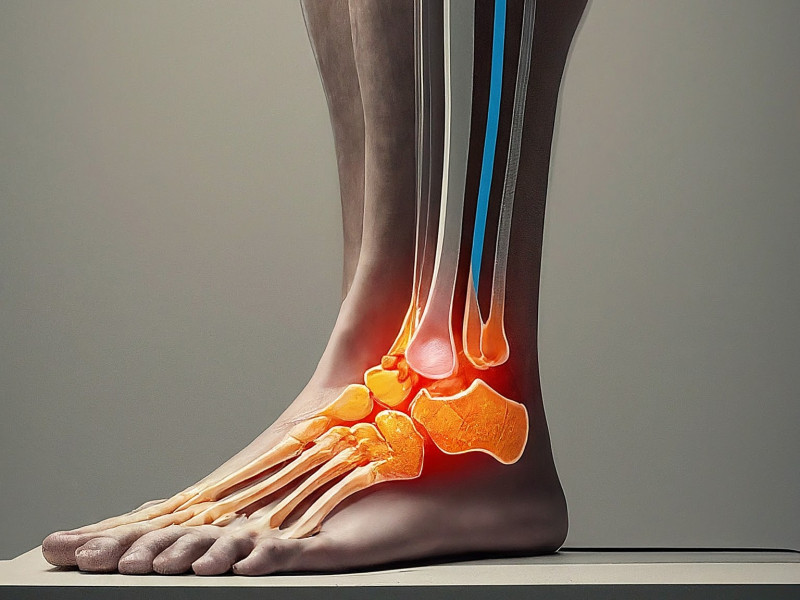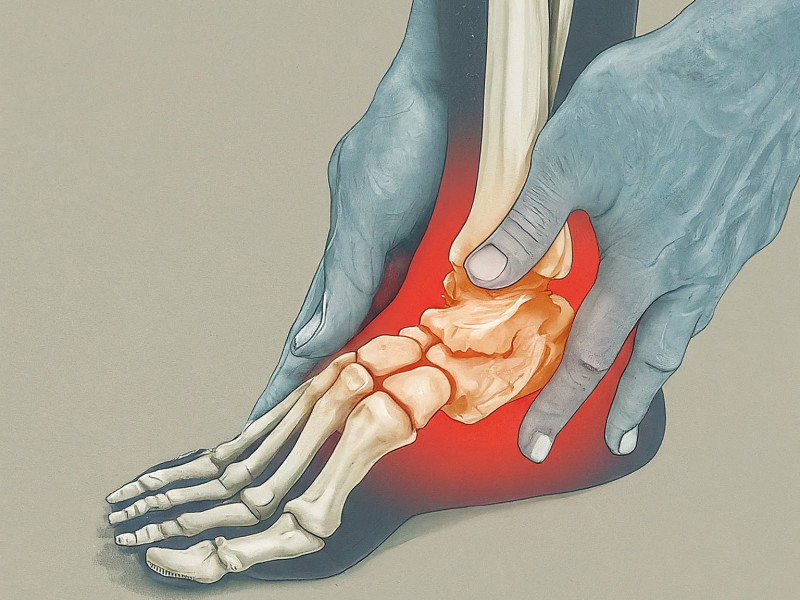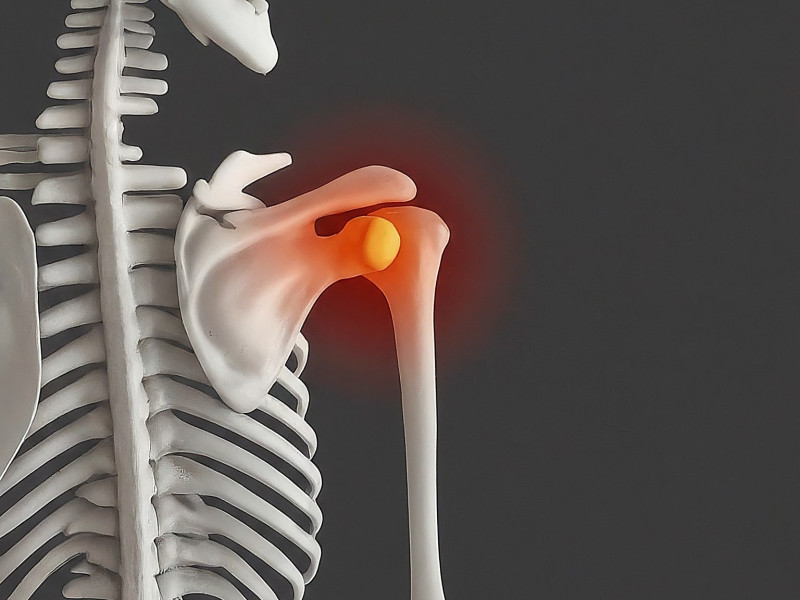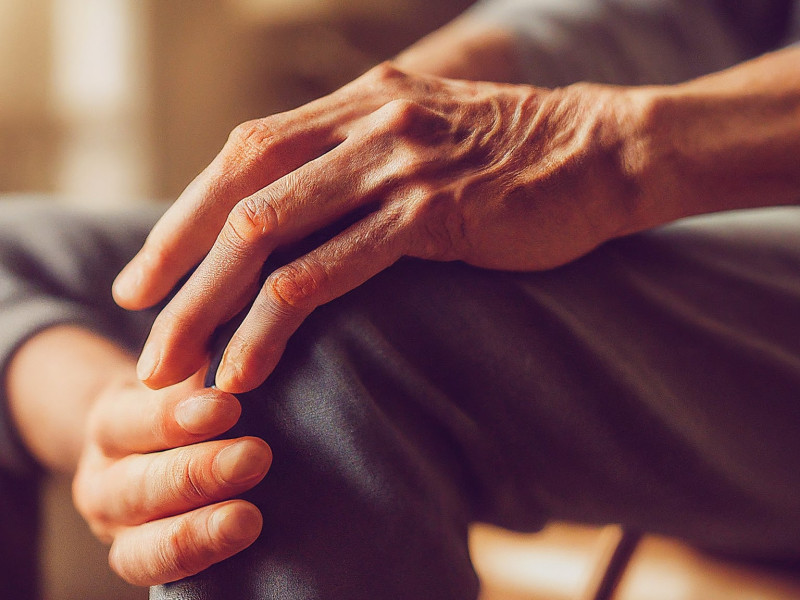Our Comprehensive Guide to Arthritis
Arthritis Treatment Options
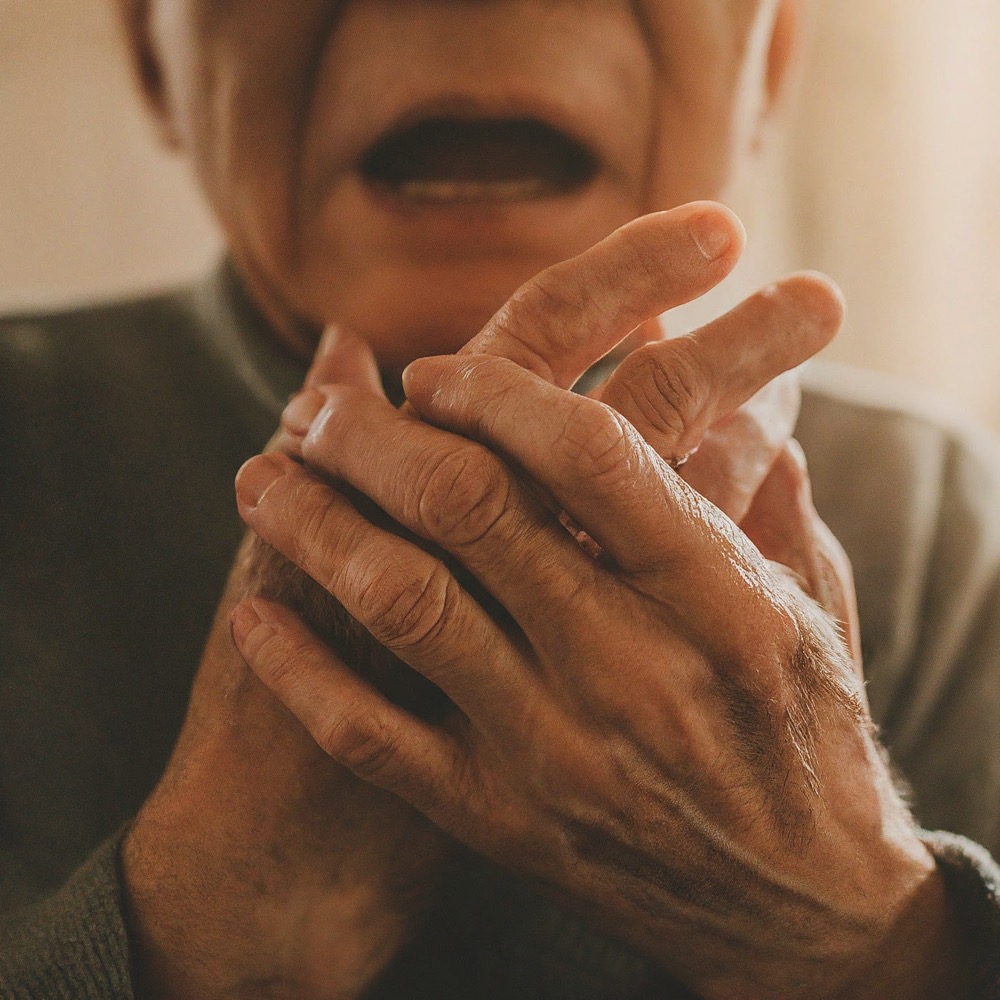
Arthritis can be a debilitating condition, but there are numerous treatment options available to manage symptoms and improve quality of life. Physical therapy is crucial for maintaining joint function and mobility, offering exercises tailored to enhance strength and flexibility. In more severe cases, surgical options such as joint replacement may be considered to restore function and relieve pain. Early diagnosis and a comprehensive treatment plan are essential for effectively managing arthritis and maintaining an active lifestyle.
Non-Surgical Treatment Options
- Medications:
- Pain Relievers: Can help reduce pain.
- Anti-Inflammatories: Such as ibuprofen and naproxen help reduce pain and inflammation. Topical NSAIDs can also be used for localised relief.
- Disease-Modifying Antirheumatic Drugs (DMARDs): These are used primarily for rheumatoid arthritis to slow disease progression and manage symptoms.
- Physical Therapy:
- Strengthening Exercises: Focus on building the muscles around the affected joints to provide better support. Examples include leg lifts, hamstring curls, and resistance training.
- Flexibility Exercises: Stretching exercises to maintain or improve the range of motion, such as gentle yoga or Pilates.
- Balance and Coordination Exercises: Activities like tai chi to improve balance and reduce the risk of falls.
- Lifestyle Changes:
- Diet: Eating a balanced diet rich in anti-inflammatory foods such as fruits, vegetables, and omega-3 fatty acids can help manage symptoms.
- Weight Management: Maintaining a healthy weight reduces stress on the joints, particularly weight-bearing joints like the knees and hips.
- Activity Modification: Adopting low-impact activities like swimming or cycling instead of high-impact exercises to protect the joints.
Surgical Treatment Options
- Joint Repair: Techniques such as arthroscopy allow surgeons to repair damaged joints with small incisions, reducing recovery time and minimising tissue damage.
- Total Joint Replacement: The entire damaged joint is replaced with a prosthetic implant when the joint is severely damaged by arthritis.
- Partial Joint Replacement: Only the damaged part of the joint is replaced, which can be a good option for localised arthritis.
Recovery and Rehabilitation
- Post-Surgical Care: Includes managing pain, reducing swelling, and preventing complications such as infections and blood clots.
- Physical Therapy: Essential for regaining strength, flexibility, and function in the operated joint. A typical rehabilitation program focuses on pain management, gentle range-of-motion exercises, and rebuilding muscle strength around the joint.
Types of Arthritis
- Osteoarthritis: Causes & Symptoms
- Causes: Wear and tear of cartilage over time, joint injury or overuse, genetic predisposition, obesity which increases stress on joints.
- Symptoms: Joint pain and stiffness, swelling and tenderness, reduced range of motion, grating sensation during joint movement.
- Progression: Gradual worsening over time, can lead to significant joint damage and disability, pain may become more persistent and severe.
- Commonly affected joints: Knees, hips, hands, spine.
- Rheumatoid Arthritis: Symptoms & Treatment
- Autoimmune Nature: Immune system mistakenly attacks the synovium (lining of the joints), chronic inflammation can lead to joint damage.
- Symptoms: Joint pain and swelling, stiffness, particularly in the morning or after inactivity, fatigue, fever, and weight loss, symmetrical joint involvement (both sides of the body).
- Systemic Effects: Can affect other organs such as the heart, lungs, and eyes.
- Treatment: DMARDs to slow disease progression, anti-inflammatory medications for symptom relief, physical therapy and lifestyle modifications.
- Differences from Osteoarthritis:
- Osteoarthritis: Primarily due to mechanical wear and tear, while rheumatoid arthritis is an autoimmune disorder.
- Rheumatoid arthritis: Typically involves multiple joints symmetrically, often has systemic effects beyond the joints.
- Other Types: Psoriatic arthritis, gout, lupus, ankylosing spondylitis, juvenile arthritis, infectious arthritis.
Symptoms and Diagnosis
Common Arthritis Symptoms:
Joint pain, stiffness, swelling, reduced range of motion, redness and warmth, tenderness.
Diagnostic Procedures for Arthritis:
- Physical Exams: Assessment of joint mobility, tenderness, swelling, and overall functionality. Evaluation of symptoms and medical history.
- Imaging Tests: X-rays, MRI, ultrasound
- Lab Tests:
- Blood Tests: Can detect markers of inflammation (e.g., ESR, CRP) and specific antibodies associated with rheumatoid arthritis (e.g., rheumatoid factor, anti-CCP).
- Joint Fluid Analysis: Involves extracting fluid from an affected joint to check for crystals, bacteria, or other signs of inflammation.
Importance of Accurate Diagnosis for Effective Treatment
- Accurate Diagnosis:
Enables healthcare providers to implement targeted treatments to manage symptoms and slow disease progression. Develop a comprehensive management plan that includes medications, physical therapy, lifestyle modifications, and possibly surgical interventions. Monitor the effectiveness of treatments and make necessary adjustments to improve patient outcomes.
Frequently Asked Questions
Choose MSK For Expertise and Excellence
MSKDoctors is the leading platform dedicated to connecting patients with expert doctors and surgeons specialising in musculoskeletal health. We are committed to providing high-quality and comprehensive information, trusted resources, and services to individuals seeking musculoskeletal care in the UK.
Our network includes highly skilled and qualified musculoskeletal doctors, orthopaedic surgeons, sports medicine doctors, and GPs with specialist interests in MSK medicine. We carefully curate our directory of specialists to ensure that patients have access to trusted and experienced professionals who are dedicated to providing personalised and effective musculoskeletal care.


